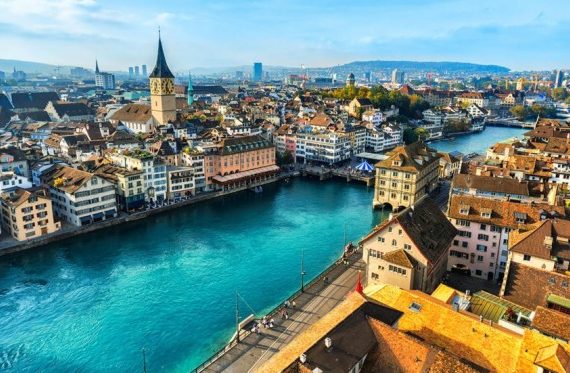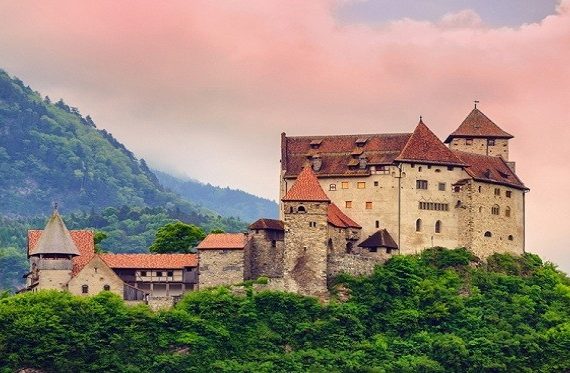Booking for : Swiss With Austria
Swiss With Austria
Duration : 7 Days, 6 Nights
Tour Details
Switzerland, officially the Swiss Confederation, is a sovereign state situated in the confluence of western, central, and southern Europe. It is a federal republic composed of 26 cantons, with federal authorities seated in Bern. Switzerland is a landlocked country bordered by Italy to the south, France to the west, Germany to the north, and Austria and Liechtenstein to the east. It is geographically divided between the Alps, the Swiss Plateauand the Jura, spanning a total area of 41,285 km2 (15,940 sq mi), and land area of 39,997 km2 (15,443 sq mi). While the Alps occupy the greater part of the territory, the Swiss population of approximately 8.5 million is concentrated mostly on the plateau, where the largest cities are located, among them the two global cities and economic centres of Zürich and Geneva.
The establishment of the Old Swiss Confederacy dates to the late medieval period, resulting from a series of military successes against Austria and Burgundy. Swiss independence from the Holy Roman Empire was formally recognized in the Peace of Westphalia in 1648. Since the Reformation of the 16th century, Switzerland has maintained a strong policy of armed neutrality; it has not fought an international war since 1815 and did not join the United Nations until 2002. Nevertheless, it pursues an active foreign policy and is frequently involved in peace-building processes around the world. Switzerland is the birthplace of the Red Cross, one of the world’s oldest and best known humanitarian organisations, and is home to numerous international organisations, including the second largest UN office. It is a founding member of the European Free Trade Association, but notably not part of the European Union, the European Economic Area or the Eurozone. However, it participates in the Schengen Area and the European Single Market through bilateral treaties.
Why you choose this package!
- Natural Beauty
- Living Outdoors
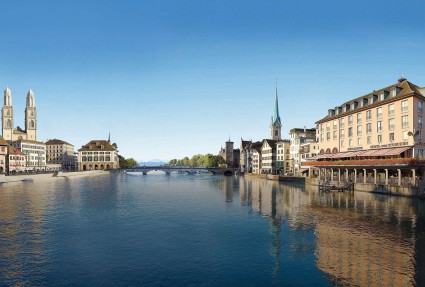
Day 1,Arrival at Zurich
Meal Included
Breakfast
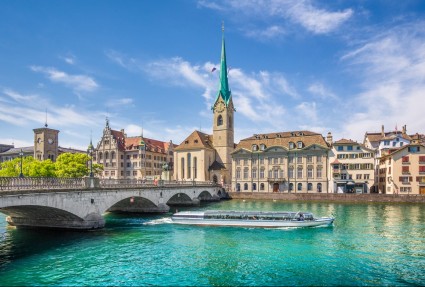
Day 2, Zurich - Excursion to Mt. Titlis - Zurich
Meal Included
Breakfast
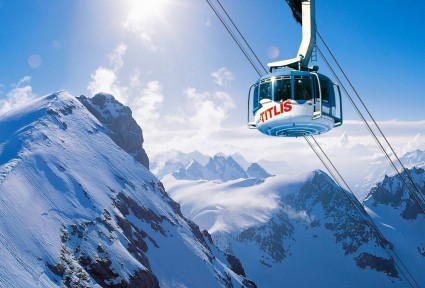
Day 3,Zurich - Excursion to Jungfrau - Top of Europe/Interlaken - Zurich (Optional)
Meal Included
Breakfast
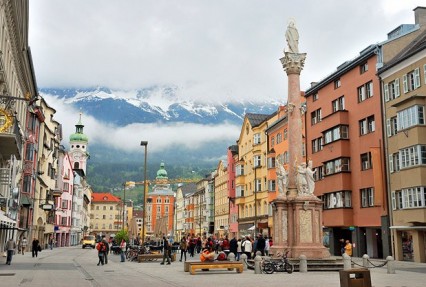
Day 4,Zurich - Rhine Falls - Vaduz - Innsbruck
Meal Included
Breakfast
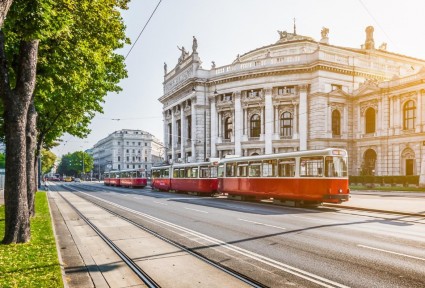
Day 5, Innsbruck - Salzburg - Vienna
Meal Included
Breakfast

Day 6,Vienna
Meal Included
Breakfast

Day 7,Departure From Vienna
Meal Included
Breakfast
Inclusions
- 03 Nights accommodation in Switzerland
- 01 Night accommodation in Innsbruck
- 02 Nights accommodation in Vienna
- Guided Tour of Vienna Orientation Tour of Innsbruck, Salzburg
- Zurich: Excursion to Mt. Titlis
- Swarovski Museum
- Crystal Museum
- 06 Breakfast and 06 Veg / Non Veg / Jain Dinners at Indian Restaurant
- Hindi / English speaking Tour Leader / Manager
- Coach transfer throughout the tour except on the first and last day for Airport Arrival and Departure
Exclusions
- Roundttrip economy class airfare with taxes.
- Any Meals other than specified in inclusions.
- Personal expenses such as tips, porterage, telephone calls, rooms service, etc.
- Surcharge will be applicable on particular events, festival, exhibition & fairs.
- Any security deposit asked by the hotel during check in.
- Travel Insurance.
- Visa Charges.
- GST extra.

